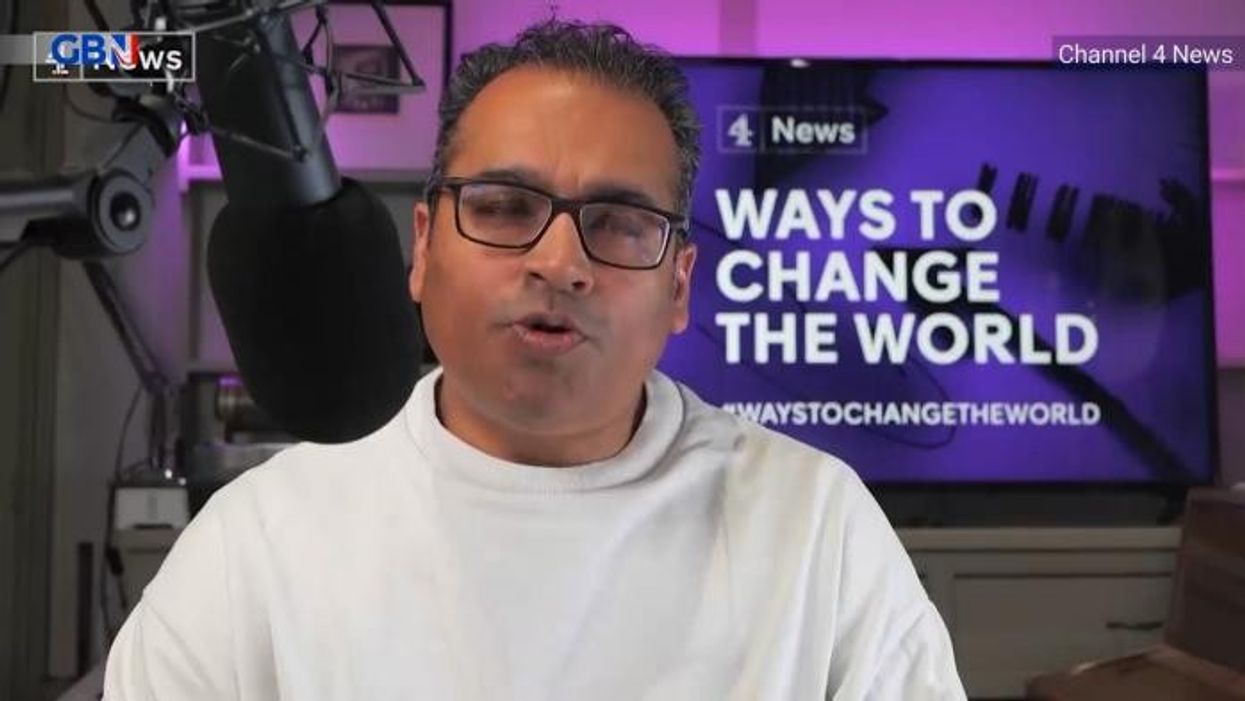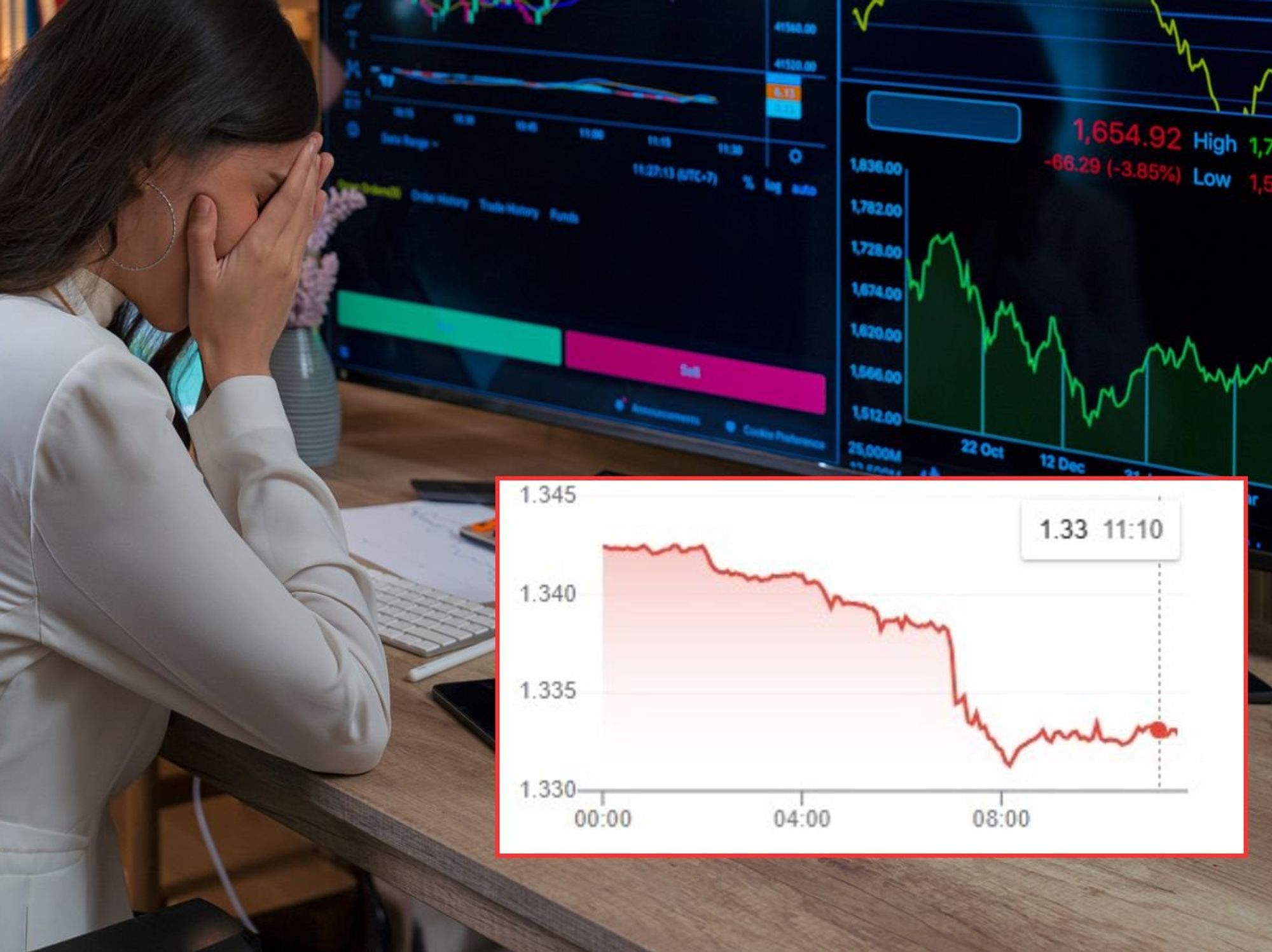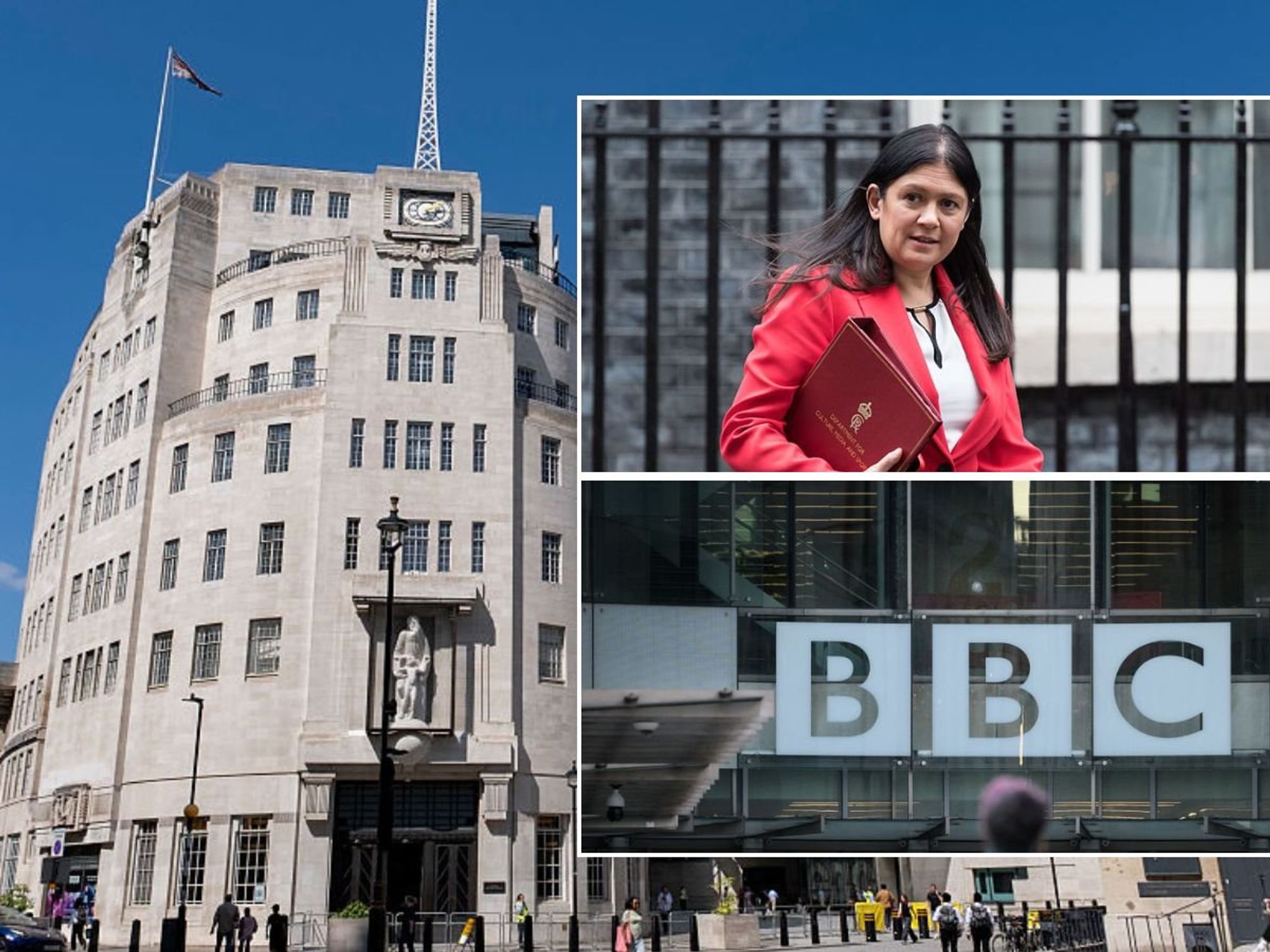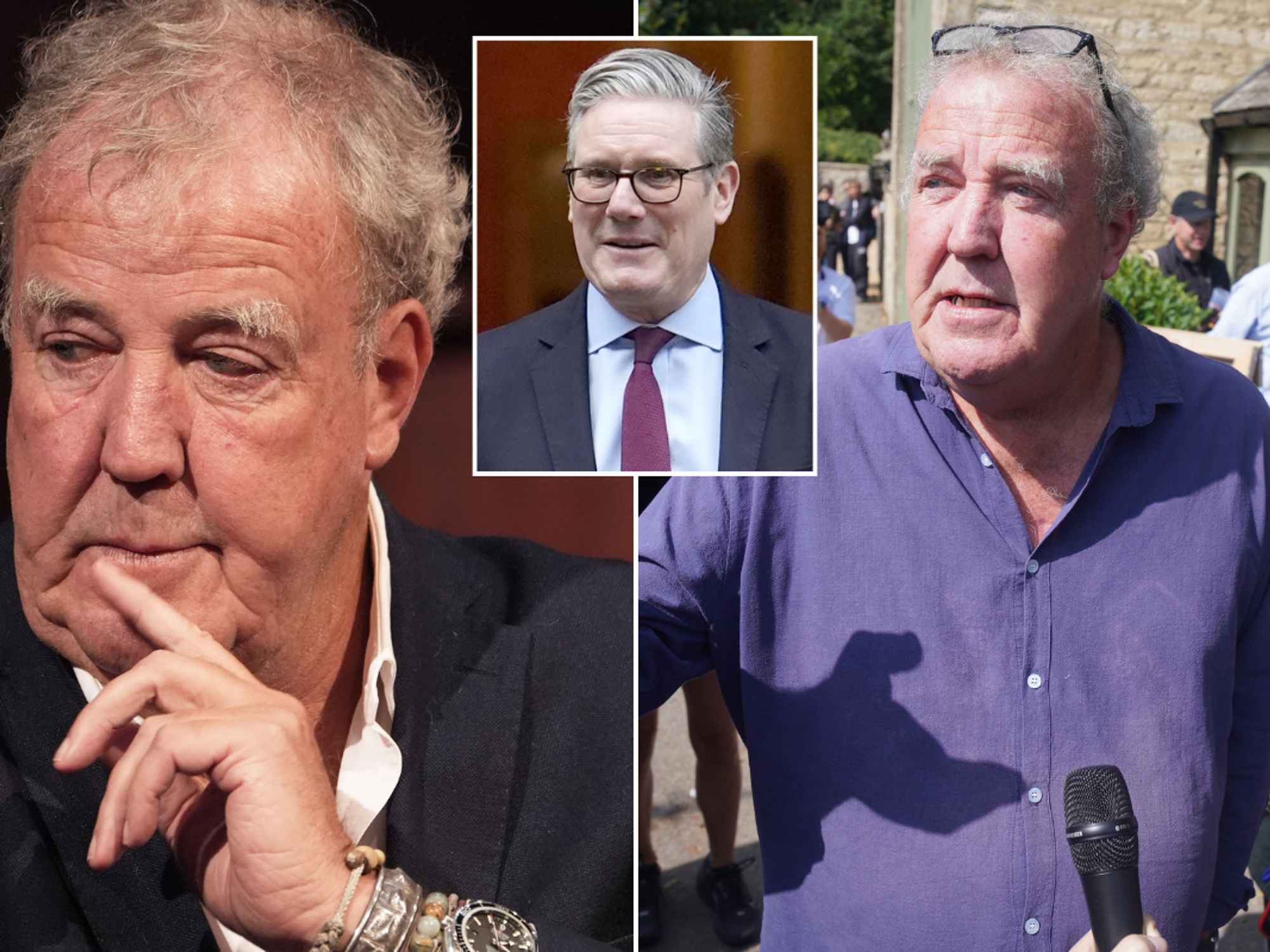BBC defended by Countryfile star: 'Highlighting need for climate action is being impartial!'

The BBC has come under fire in recent weeks for a wide range of its content
Don't Miss
Most Read
Latest
The BBC's impartiality has been defended by Countryfile contributor James Wong following a number of complaints regarding its coverage of issues such as climate change.
Botanist Wong - who has been a regular contributor on several of the Beeb's nature shows - spoke to GB News after teaming up with Yeo Valley Organic to try and encourage people to embrace green spaces in order to improve their health.
In recent weeks, the BBC's impartiality has come under fire as a result of its coverage of the Hamas-Israel conflict and it even admitted Newsnight's "biased" attack on GB News breached its editorial guidelines.
The latest offering of wildlife show Planet Earth III also faced criticism after it was accused of exaggerating the demise of wildlife as a direct consequence of manmade behaviour on climate change.
The BBC responded to the Planet Earth complaints with a statement to GB News which read: "The evidence is clear from leading scientists and experts that some species are struggling to adapt to a world dominated by human activity and we do not shy away from including examples of this in the series.
"We also feature stories where we see animals adapting successfully to the challenges presented by the modern world."
Addressing the Beeb's approach to its reporting of an issue like climate change specifically, Countryfile's Wong defended the corporation, insisting that "highlighting the need for action and the climate crisis is being impartial".
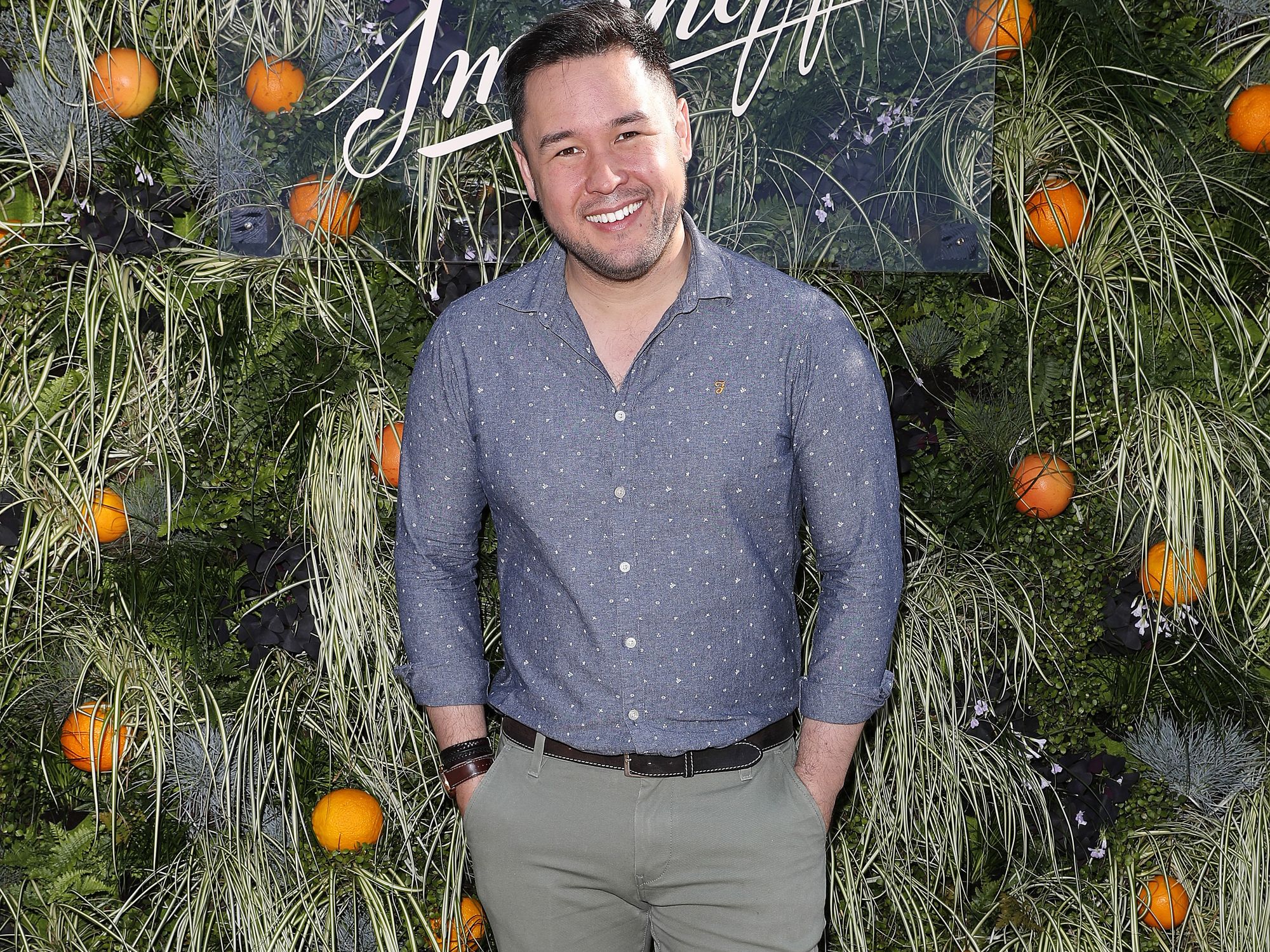
Countryfile contributor James Wong has spoken exclusively to GB News
|GETTY
He told GB News: "We are in a climate emergency. None or a very, very, very small percentage of the scientific community would disagree with that.
"I don't know what the latest data is but previous data that I've seen is we're talking one percent so there is a huge consensus on that.
"So I think it's really important to have - if you're into impartiality - fact-based reporting (and to) report things the way they are.
"For example, it may be contentious to some people that the Earth is round but it isn't taking a side to show a picture of the Earth taken from a satellite showing it's round.
"It isn't being impartial to explain about things I don't know about, geology and astronomy, those things are just facts.
"So I don't think it is taking a side to do that," Wong continued. "I think there is a potential to be taking a side in how the mechanics of how you want to address that climate change because there is a bit more of a diversity of opinions on exactly the right way to do it.
"But that's different from talking about it as a factual reality. I find that as a scientist it can be quite dispiriting because the factual reality is the world is a beautifully complex place.
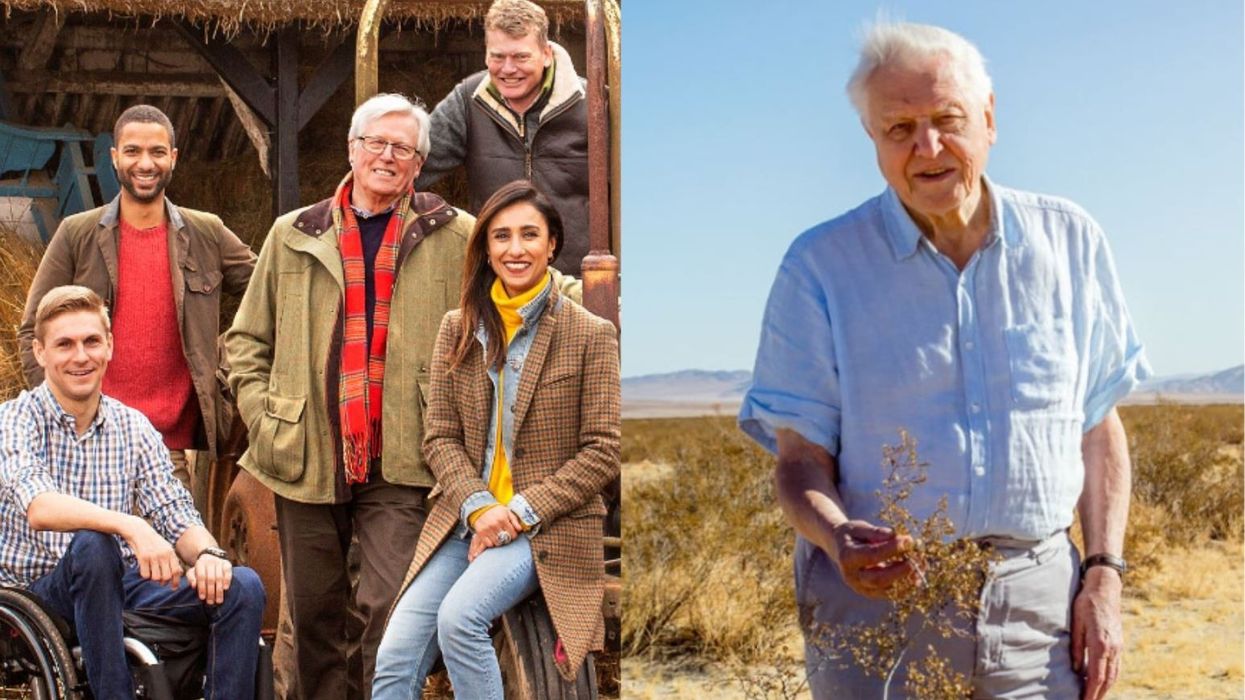
The BBC's nature shows have come under fire in recent years for their climate change reports
|BBC
"It's filled with lots of nuances and lots of differences, and science's job is to go through and examine that, and as scientists, we don't look at single studies or a single experiment, what we do is look at a body of evidence.
"And very often that's the reason why you get in a headline, 'Bacon Causes Cancer', and a week later, 'Bacon Cures Cancer', in the same paper because they're referencing different studies.
"One study may have huge masses of data behind it and be echoed by every study that's gone before and one may be a complete outlier. And to the public, the way the media sometimes represents science cannot necessarily be that accurate.
"So I think it's important the job that we do as science communicators, and people who work in media as reporting, is to really be able to reflect that complexity.
"Sometimes an outlier study may suddenly change everything, and may open new avenues to new evidence and that may change how we think of things.
"But it's important to reflect and show the context that's come up," Wong explained.
Wong - who also addressed former Countryfile co-star Ellie Harrison's exit from the show - is currently spending much of his time away from the screen and instead encouraging people to get outdoors.
LATEST DEVELOPMENTS:
WATCH NOW: The Planet Earth III trailer
Along with Yeo Valley Organic, Wong spoke to GB News about the health benefits of a new trend sweeping social media called "grounding" in which exposure to soil and the earth around us can provide health benefits.
Explaining the details of "grounding", something that's been endorsed by A-listers such as Gwyneth Paltrow and Emma Watson, Wong explained: "There's this idea that, for example, walking around barefoot connects you directly to the earth and as a result, there are a surprising amount of mental and physical health benefits.
"People will talk about improved immune systems, for example, they may even talk about reduced inflammation."
Wong delved further: "We do have a lot of evidence for being in the natural world. I think anecdotally if you're a gardener, or if you're someone who likes country walks or hikes... particularly in lockdown where our experience of nature was much more limited, (but) when you got to go out into a green space, you felt that difference.
"We now know that even very short periods of time and green space can help reduce feelings of anxiety and stress, measurably reducing stress hormones.
"However, on the flip side of that, the sad thing is when you look at the latest data - there was a really interesting study carried out by Yeo Valley Organic, they found that although 76 percent of Brits wish they could improve their mood - and I think looking around the world today, that is quite understandable - 48 percent of them felt that they didn't spend enough time outdoors.
"Time, money and resources were key barriers that people found that were difficult. I think that's because people think that spending time in green space means that they've got to track down the Amazon, or they've got to have a weekend away and camp in a remote location.
"If you have a lunch break today, if you spend 15 minutes of it in a park or half an hour of it in a park, as much time as you possibly can manage, but even short bursts like that, the data suggests that can really improve your mood.
"So you don't have to do these huge interventions to actually make a significant impact," Wong concluded.


